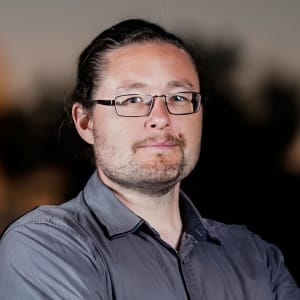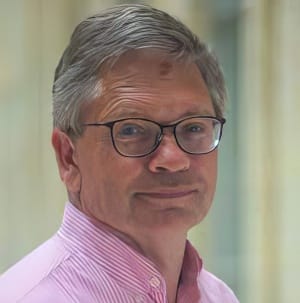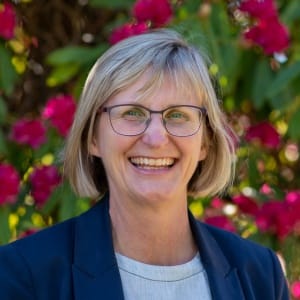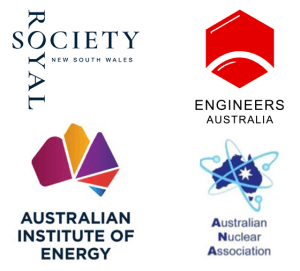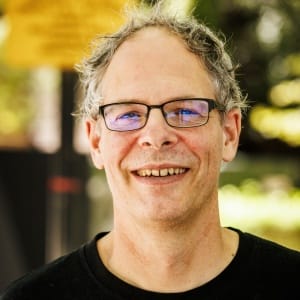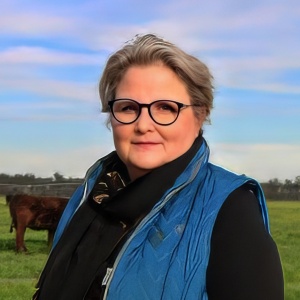Four Societies Lecture 2014
Thursday, 27 February 2014
“Questions of power in NSW”
Professor Mary O’Kane, NSW Chief Scientist and Engineer
At the annual Four Societies Lecture, Professor Mary O’Kane considered the major questions that face NSW in the future of energy production and utilisation. Asking the right questions is key – it reduces the time taken to identify the best solutions.
Australia is the ninth largest energy producer in the world and one of only four net energy exporters. We have 38% of the world’s uranium, 9% of the world’s coal and 2% of the world’s gas. In terms of consumption, agriculture takes 3%, mining 13.5%, manufacturing and construction 25%, transportation 38% and residential about 11%. The 2014 Commonwealth Energy White Paper is seeking to address a number of questions regarding Australia’s energy future. These include security of energy sources, the role of government and regulatory implications, growth and investment, trade in international relations, productivity and efficiency and alternative and emerging energy sources and technologies.
A recent report by the Grattan Institute identified a number of important issues. Australia has a lot of gas and coal, yet has yet to fully consider the impact of having no clear climate change policy. There is also the question of how can the electrical system (particularly one based on large generation units interconnected by a grid) meet the challenge of occasional very high peak demand. The Grattan Institute also posed questions around the balance of market and regulation and the importance of getting this right and explored the implications of new technologies and whether these provide potential solutions.
Australia is not unique in facing these challenges. One approach being taken in the US has been to establish an energy agency using a model was originally conceived for advanced research projects for the defence industry. ARPA-E, or the Advanced Research Projects Agency-Energy and was established to fund high risk/high reward research to identify new technologies for energy in the US. The research programmes in their portfolio relate to reconceiving the grid, the impact of micro grids, the impact of analysing big data, the gas revolution, new ways to get higher efficiencies, entirely new technologies, the best policy settings to encourage the adoption of new technologies and innovative models for research and development. Perhaps these sorts of approaches need to be utilised in NSW.
Questions that need to be addressed are what about nuclear energy? To what extent is geothermal energy applicable? How should we gain new efficiencies? How can we better optimise grid storage and geometry? What are the downsides of these various technologies? Are there opportunities to directly and export to our immediate neighbours (e.g. Indonesia)? How effective is Australia’s energy R&D?
Professor O’Kane summarised the issues in three searching questions. First, how do we characterise a system that we want and the process to realise it? (What are the most important characteristics that our energy future must have, would be nice to have? What energy futures do we definitely not want?) Second, who should be responsible for demonstrating new technologies (responsible for progress, experiment, scale up, economic model and “energy equity”)? And third, how can we have the best system possible? We must become expert at asking the questions and seeking solutions around the world and, importantly, developing solutions locally where appropriate in order to create a leadership position.

